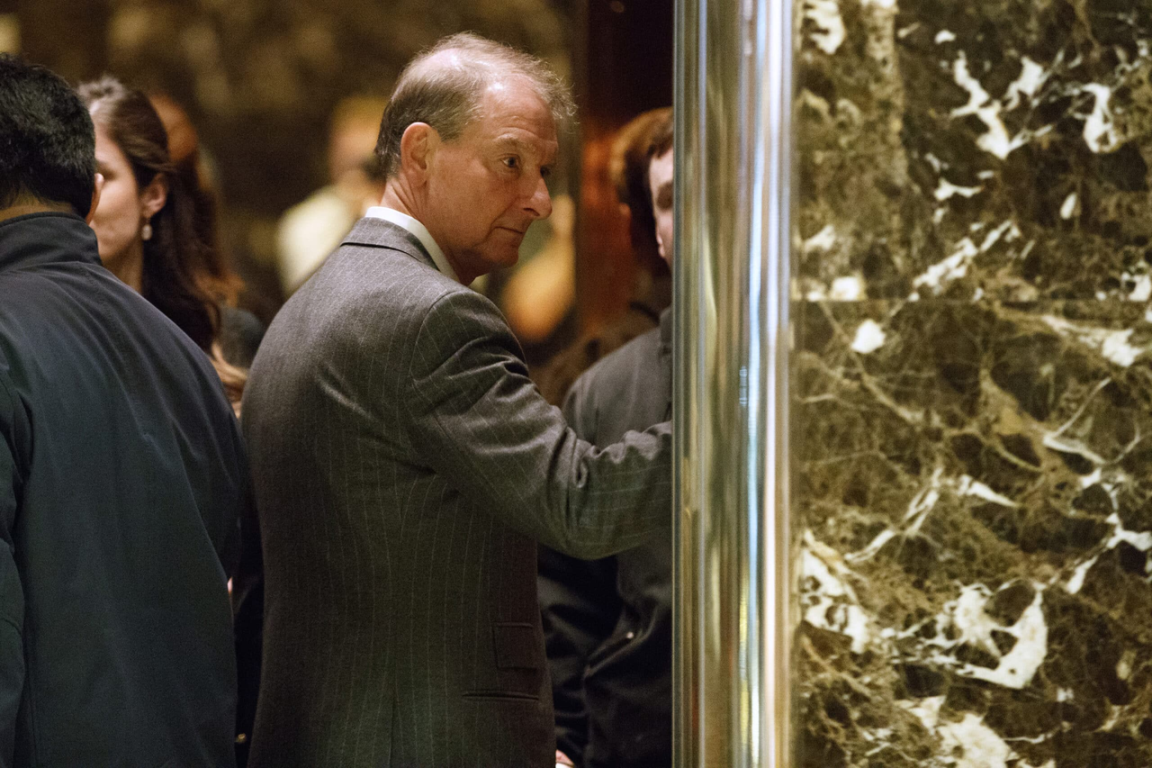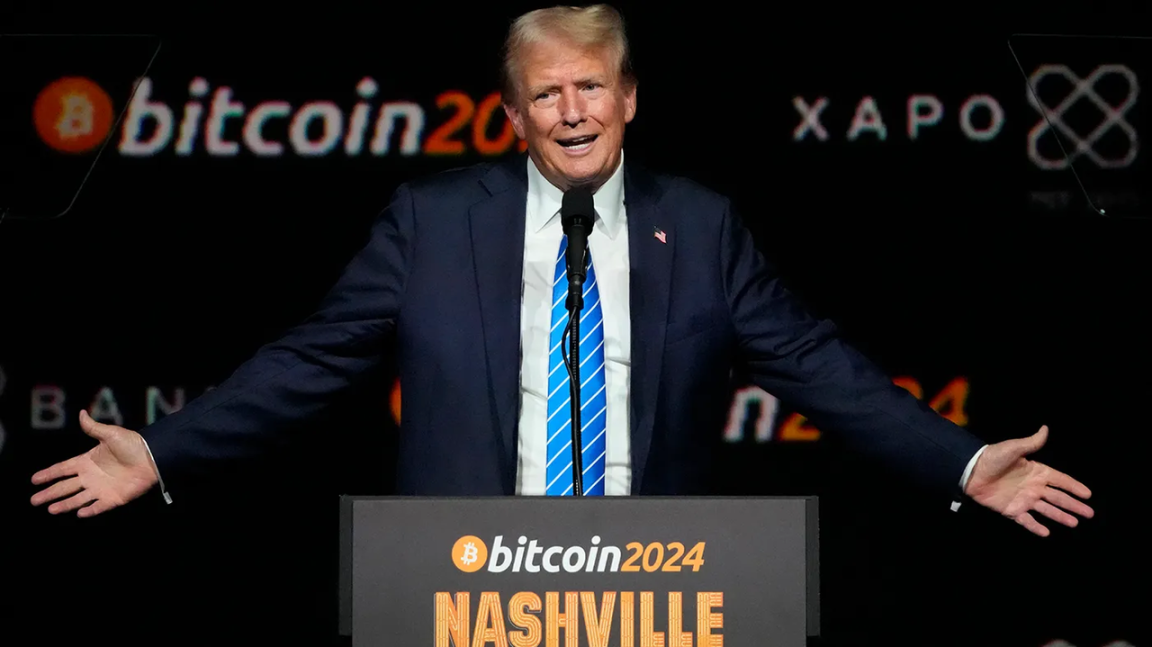By Alex Liu, Foresight News
According to Unchained, citing sources, US President-elect Donald Trump has selected Paul Atkins as Chairman of the Securities and Exchange Commission (SEC). If this appointment is finally confirmed, it will be an important step for Trump to fulfill his campaign promise and bring a more friendly regulatory environment to the cryptocurrency industry. After the news was released, the price of Bitcoin stopped falling for a short time and rebounded to around $96,000, and the market reacted positively. It is also worth noting that Paul Atkins is an advisor to the RSR token, which rose sharply after the news was released, with a 24-hour increase of more than 100%.

Background: Innovation advocate and regulatory reformer
Paul Atkins, born in North Carolina, has extensive legal and regulatory experience. He graduated from Wofford College and began his career at Davis Polk & Wardwell in New York City, handling complex securities issuance and mergers and acquisitions for global clients. He then joined the SEC in 1990 and assisted several chairmen in formulating key regulations, playing an important role in everything from corporate governance to shareholder rights to strengthening access to capital markets.
As an SEC commissioner during the Bush administration, Atkins sought a balance between promoting innovation and strengthening investor protection. He not only participated in the investigation of one of the largest Ponzi schemes in history, but also recovered considerable losses for investors with his outstanding crisis management skills. After leaving the SEC in 2008, he founded Potomak Global Partners, providing regulatory advice to fintech and crypto companies, and actively participated in industry organization activities, and was regarded as a staunch defender of digital assets.
Hesitation and Challenge: Will Atkins accept the appointment?
Although Trump's nomination shows his determination to reform the SEC, sources revealed that Atkins is still hesitant about whether to accept the job. On the one hand, he needs to give up his current leadership role at Potomak Global Partners; on the other hand, he is under pressure to clean up the bloated SEC institutional management system under Gensler's leadership and lead it towards reform.
The current chairman, Gary Gensler, has been criticized by the industry for his mandatory regulatory policies on cryptocurrencies. He will resign when Trump takes office on January 20, 2025. Atkins' appointment requires Senate confirmation. If Trump appoints him during recess, he does not need to wait for a Senate vote. In any case, the announcement of this candidate has sent a clear signal to the market: the regulatory environment of the crypto industry is about to undergo significant changes.
From Policy to Action: Trump's Crypto Strategy
During his campaign, Trump made it clear that he would formulate clearer cryptocurrency rules and reduce cumbersome regulations, and he saw it as the key to enhancing the competitiveness of the United States. He not only plans to promote reforms by replacing the chairman of the SEC, but may also establish a national strategic Bitcoin reserve and use the Bitcoin assets confiscated by the government to inject momentum into the digital economy.

If Atkins eventually takes office, he is expected to strengthen the SEC's core mission, including combating fraud, insider trading, and false disclosures, while creating a more inclusive environment for the crypto industry. This shift may not only reverse the "enforcement supervision" model of the Gensler era, but also give the United States greater advantages in the competition in the global crypto market.
For Trump and Atkins, this is not only an appointment, but also an experiment to redefine the direction of cryptocurrency regulation in the U.S. Regardless of the outcome, this decision will have a profound impact on the global digital asset sector.













